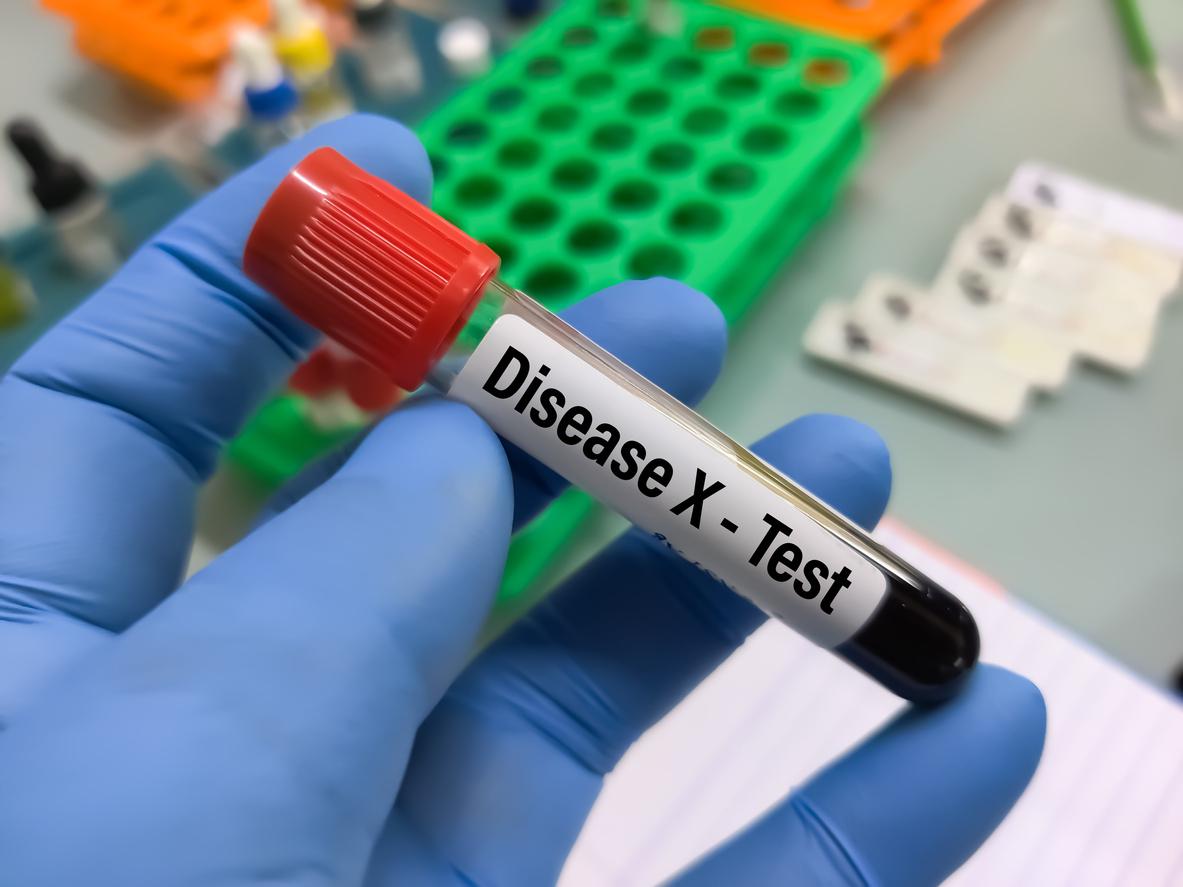The hormones produced in the thyroid gland regulate the energy supply of our body. Thyroid disease is a common disorder, especially in women.
The thyroid is one of the glands of the hormone system. The gland is shaped like a butterfly and is located on the front of the neck. The glands of the hormone system control a large number of bodily functions through the chemicals, hormones, which they secrete. The hormones are secreted in the circulatory system, in which they circulate and regulate the functions of certain organs and organ systems.
The hormones produced in the thyroid gland regulate the use of energy in body cells and the rate at which metabolism takes place. This gland also affects the rate at which hair and bone grow, body weight, temperature and energy levels, and heart and digestive function. Thyroid disease is a common hormone disorder, especially in women.
Hypothyroidism, ie an underactive thyroid, is a condition in which the thyroid gland produces too few hormones, so that the body cannot function optimally. Symptoms include thin, brittle nails and hair, weight gain, fatigue, slow heart rate, constipation and sensitivity to cold.
Hyperthyroidism, ie an overactive thyroid, is a condition that causes the thyroid to produce too many hormones. Symptoms include hair loss, weight loss, increased heart rate, nervousness, multiple bowel movements, sweating and, in women, irregular periods.
A doctor diagnoses thyroid disease by assessing a patient’s symptoms, feeling the neck, and checking to see if the thyroid has changed. The levels of circulating thyroid hormones in the body are also determined by means of blood tests.















